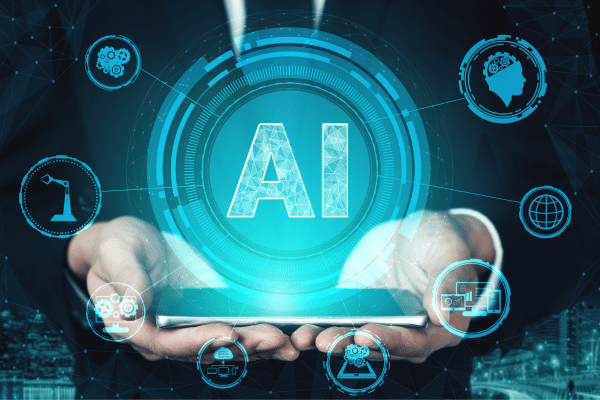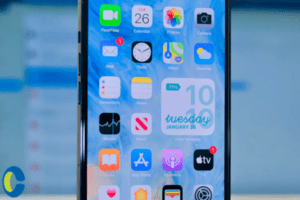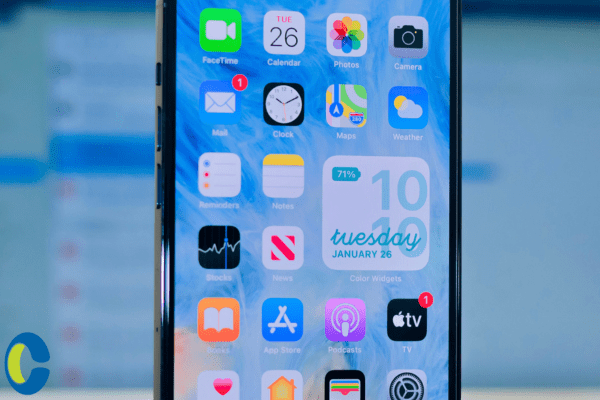In today’s rapidly evolving digital landscape, Artificial Intelligence (AI) has emerged as a game-changer across various industries. One area where its impact is particularly profound is marketing. AI’s ability to analyze vast amounts of data, uncover insights, and automate processes has transformed the way businesses approach their marketing strategies. From customer insights to personalized campaigns, AI is revolutionizing marketing in ways we could have only imagined a few years ago.
1. Data-Driven Decision Making
AI’s most significant contribution to marketing is its capacity to process and analyze massive datasets at lightning speed. Marketers can now gain a deep understanding of their target audience’s behavior, preferences, and needs, leading to more informed decision-making. AI-powered analytics tools can sift through mountains of data from various sources, such as social media, website interactions, and customer feedback, to reveal valuable insights that shape marketing strategies.
2. Enhanced Customer Insights
Understanding customers on a granular level is crucial for effective marketing. AI tools can create comprehensive customer profiles by gathering data from multiple touchpoints. This includes purchase history, online behavior, social media activity, and more. By analyzing this data, marketers can identify trends and patterns that allow for highly targeted and personalized campaigns. This level of personalization fosters stronger customer relationships and higher engagement rates.
3. Personalized Customer Experiences
The days of generic, one-size-fits-all marketing campaigns are fading. AI enables marketers to tailor their messages to individual customers in real-time. By analyzing customer behavior and preferences, AI algorithms can deliver personalized product recommendations, content, and offers. This not only boosts customer satisfaction but also increases the likelihood of conversions, as customers are more likely to engage with content that resonates with their interests.
4. Efficient Chatbots and Customer Service
AI-powered chatbots have redefined customer service. These virtual assistants can provide instant responses to customer queries, offering 24/7 support without the need for human intervention. Advanced AI chatbots can understand and respond in natural language, creating a seamless customer experience. By addressing customer concerns promptly, businesses can enhance their reputation and build trust with their audience.
5. Predictive Analytics
AI’s predictive capabilities are a game-changer for marketers. By analyzing historical data and identifying trends, AI algorithms can make accurate predictions about future consumer behavior. This insight enables businesses to allocate resources more effectively, optimize inventory, and anticipate market trends. Moreover, predictive analytics can help in identifying potential churn and taking proactive measures to retain customers.
6. Content Creation and Optimization
AI is also stepping into the realm of content creation. With Natural Language Processing (NLP) algorithms, AI can generate written content, such as blog posts, product descriptions, and even marketing emails. While this doesn’t replace human creativity, it can assist in creating initial drafts and saving time. Additionally, AI can analyze content performance and provide suggestions for optimization, such as keywords and formatting, to enhance search engine visibility.
7. Programmatic Advertising
Programmatic advertising leverages AI to automate the buying and placement of ads in real-time. This eliminates the need for manual intervention and ensures that ads are displayed to the right audience at the right time. AI algorithms can assess user behavior and preferences to optimize ad placements for maximum impact. This not only improves the efficiency of ad campaigns but also minimizes ad spend wastage.
8. Market and Competitive Analysis
AI-powered tools can swiftly scan the internet and social media platforms to gather insights about market trends and competitors. This information is invaluable for staying ahead of the competition and adapting marketing strategies accordingly. By monitoring conversations and sentiment, businesses can identify emerging trends and adjust their messaging to resonate with their target audience.
9. Voice Search and SEO
The rise of voice-activated devices has prompted a shift in the way people search for information online. AI-driven voice search technology requires marketers to adapt their SEO strategies to accommodate natural language queries. This involves understanding conversational language patterns and optimizing content for voice search, ensuring that businesses remain visible to users relying on voice assistants.
AI is fundamentally transforming the marketing landscape by providing data-driven insights, enabling personalized experiences, automating processes, and optimizing strategies. As AI continues to evolve, its impact on marketing will only intensify. However, it’s important to note that while AI brings immense potential, human creativity, empathy, and strategic thinking remain irreplaceable. The successful integration of AI into marketing strategies requires a balance between technological innovation and human expertise. As we move forward, businesses that embrace AI as a tool to enhance their marketing efforts are poised to unlock unprecedented opportunities for growth and customer engagement.















